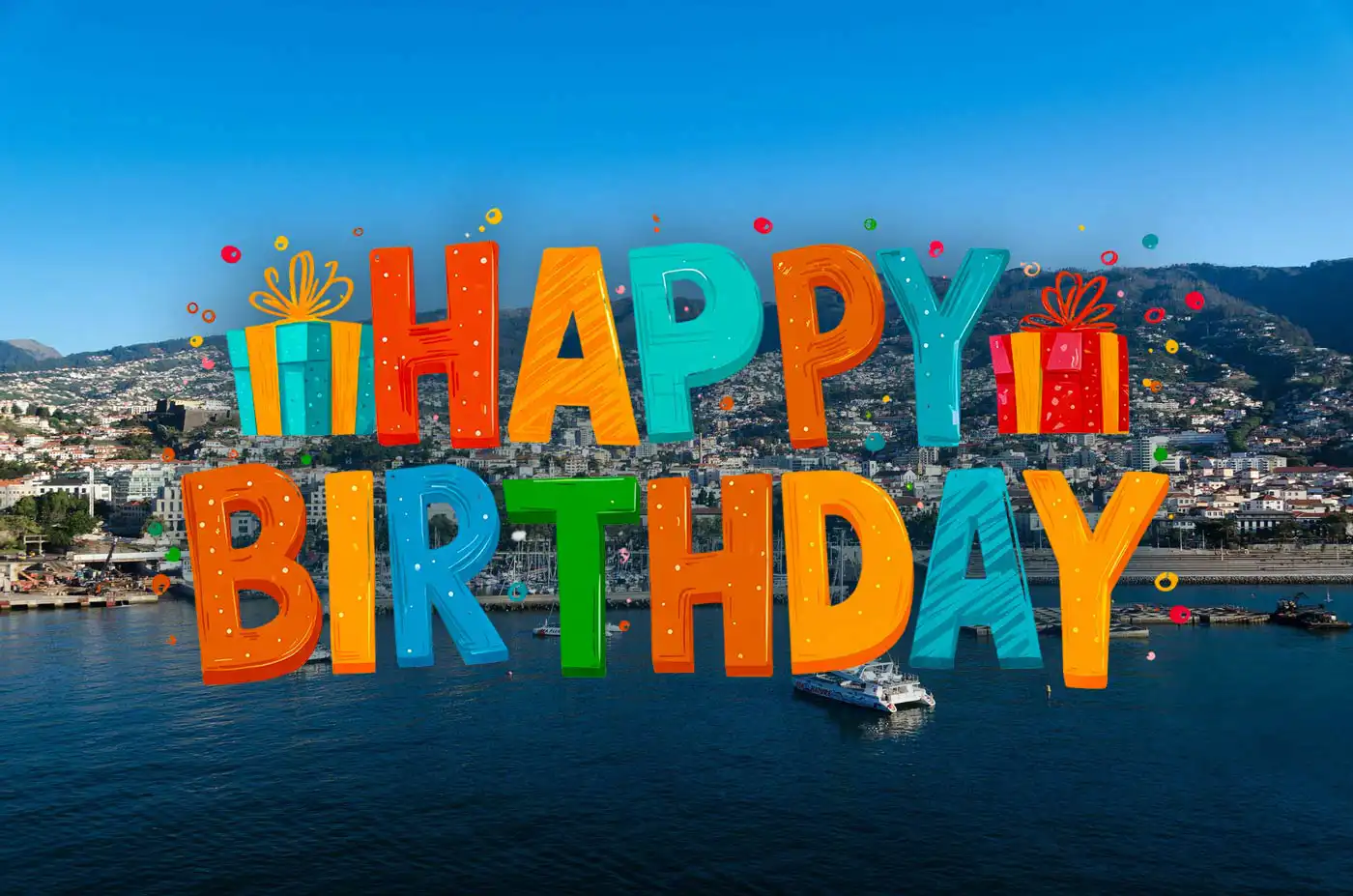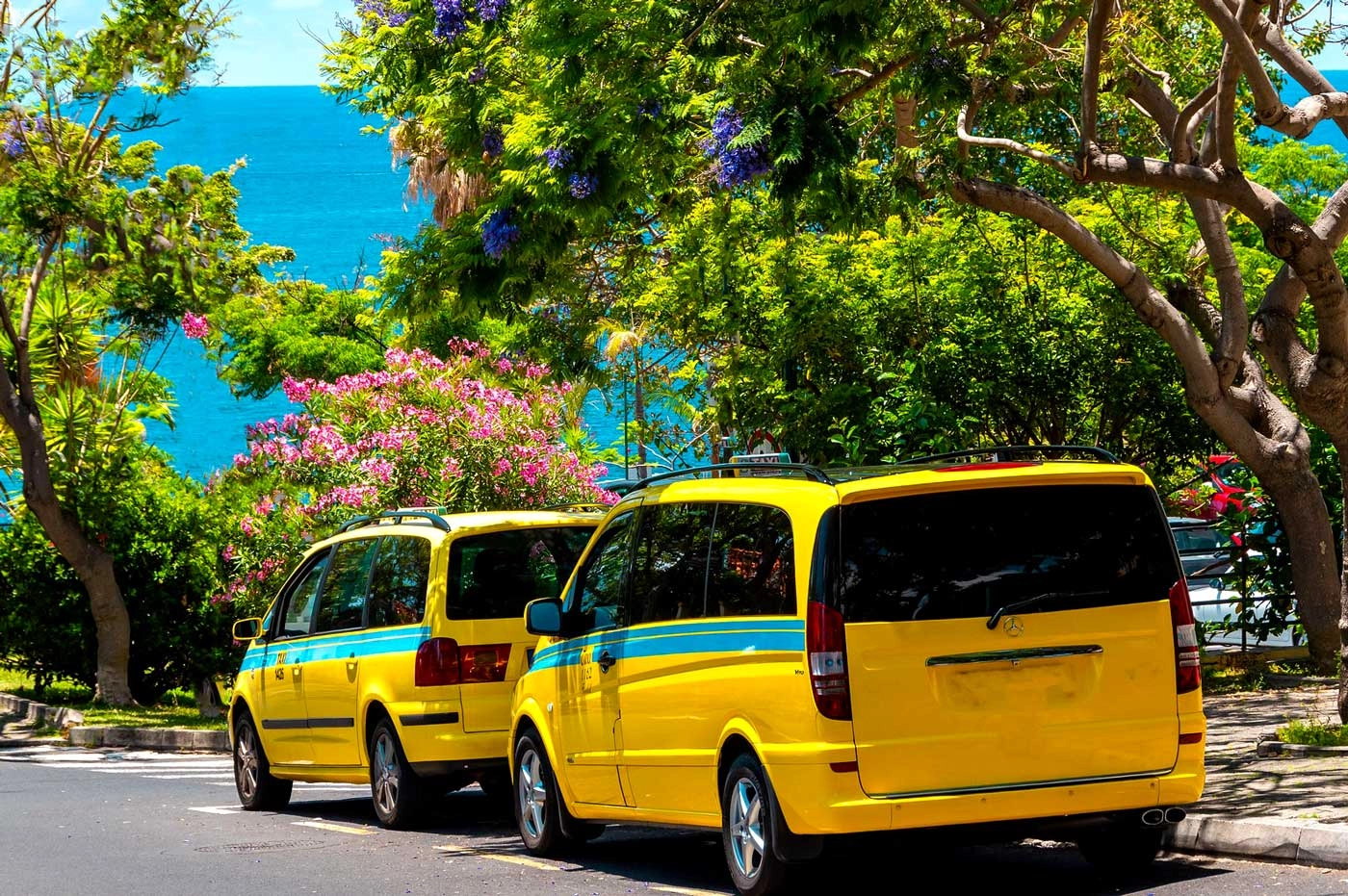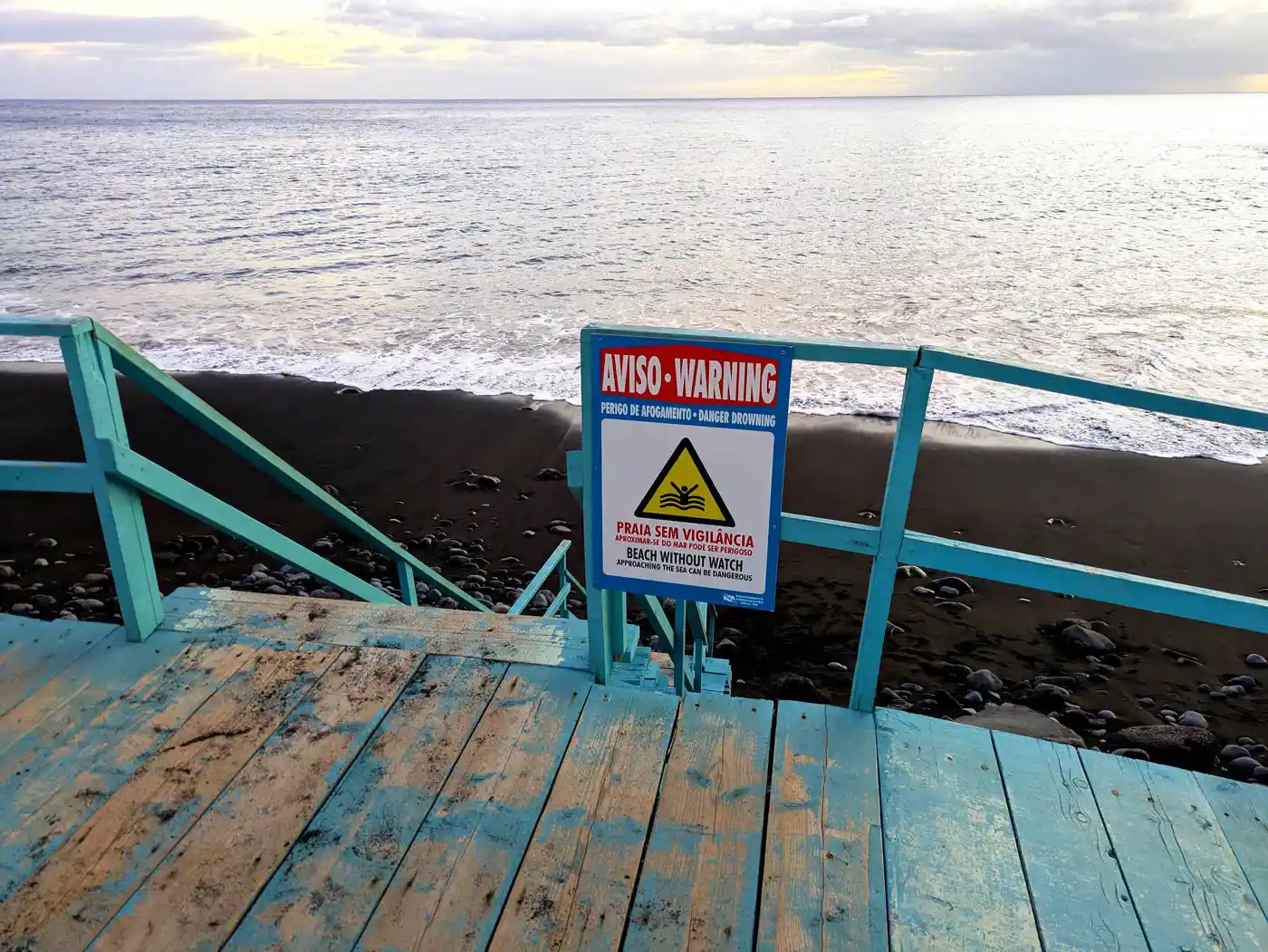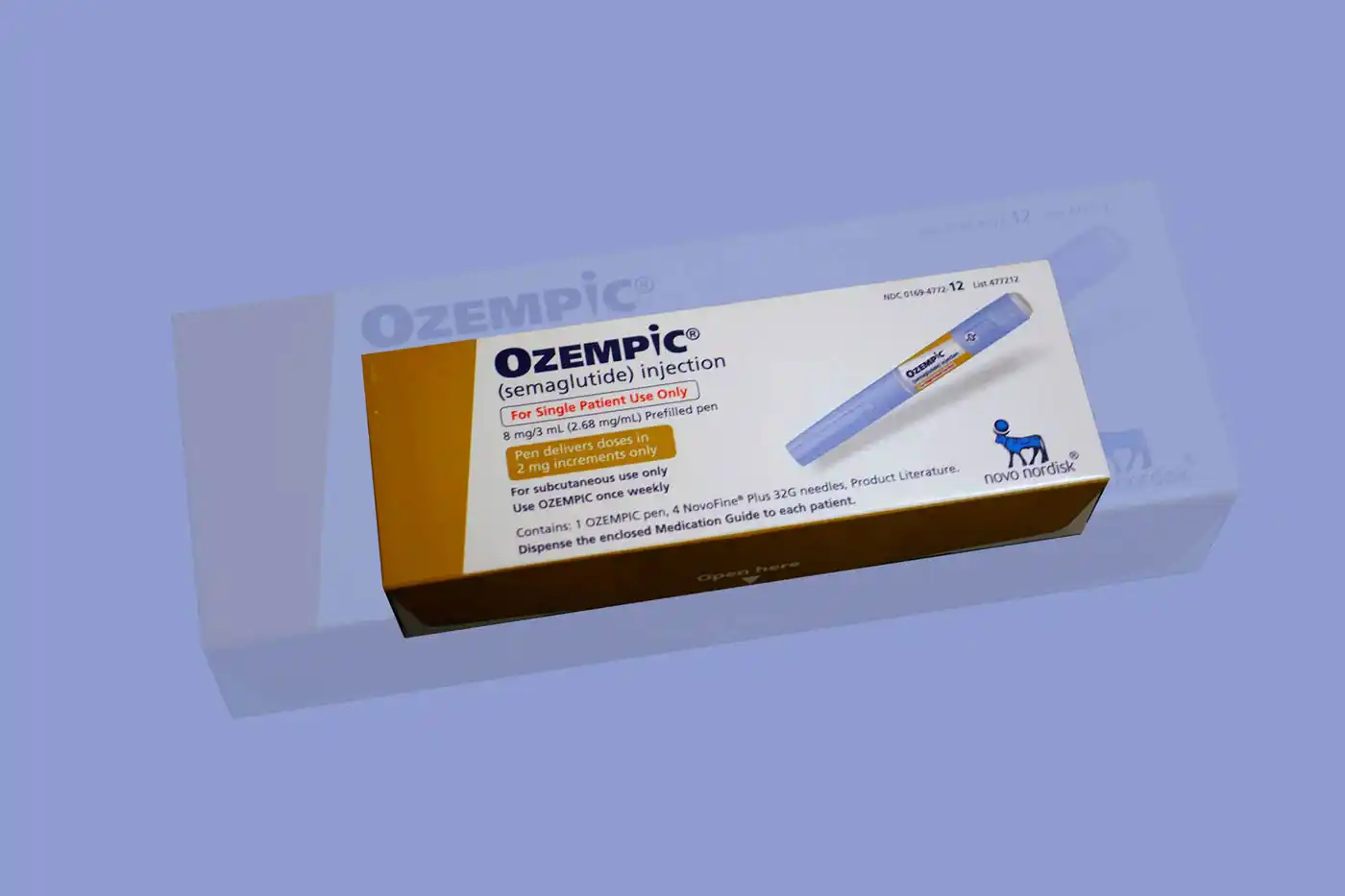August 21, 1508: The Royal Charter
The settlement of Funchal took place around 1420 and 1425, but the town became a village only years later, on August 21, 1508, when King Manuel I of Portugal granted it a royal charter. At the time, Madeira was already an important center in the Atlantic, and Funchal was its busiest settlement. The decision gave the town greater political and administrative status, preparing it to manage its growing role in trade and church life.
Early Growth Through Sugar and Wine
During the 15th and 16th centuries, Funchal developed quickly thanks to the sugar trade, which linked Madeira with merchants from Flanders, Genoa, and Lisbon. Later, when sugar production declined, the city continued to prosper through Madeira wine, which became popular across Europe and the Americas. Ships crossing the Atlantic often stopped in Funchal, strengthening its place in global commerce.
A Religious and Cultural Center
The foundation of the Diocese of Funchal in 1514 gave the city influence beyond the island. At one point, its diocese extended to much of the Portuguese overseas territories. The Cathedral of Funchal (Sé Catedral), completed around 1514, remains one of the most significant monuments from that era.
Funchal in the Present Day
Today, Funchal is the capital of Portugal’s Autonomous Region of Madeira. According to the 2021 census, Funchal has about 105,795 residents. Its anniversary highlights a long history that connects the city’s early Atlantic trade to its modern role as an island capital.
Funchal is Quite Old, to Say the Least
Funchal is a relatively old city and it may surprise you what world events had not yet taken place at the time Funchal was granted a city.
Five Events That Had Not Yet Happened When Funchal Became a City
The Protestant Reformation (1517): When Funchal became a city, Europe was still religiously united under Rome. Martin Luther’s break with the Catholic Church had not yet begun.
The first circumnavigation of the globe (1519–1522): No one had yet proven it was possible to sail all the way around the Earth.
The founding of Jamestown (1607): The first permanent English colony in North America was still a full century away.
The defeat of the Spanish Armada (1588): Spain’s dominance at sea was unchallenged when Funchal was born as a city.
The Thirty Years’ War (1618–1648): Europe had not yet faced the continent-wide conflict that would kill millions and redraw political borders.
Five Things That Did Not Yet Exist in 1508
Potatoes in Europe: Introduced only later from the Americas, Europeans in 1508 had never seen or tasted a potato.
The telescope: People studied the stars with their eyes only. Galileo’s discoveries were still unimaginable until 1608.
The printing of Shakespeare’s works: When Funchal became a city, William Shakespeare had not even been born.
Coffee in Europe: The first coffee that that made it to Europe was still more than 100 years away.
The introduction of tobacco in Europe: Europeans had not yet widely smoked or used tobacco.






Comments